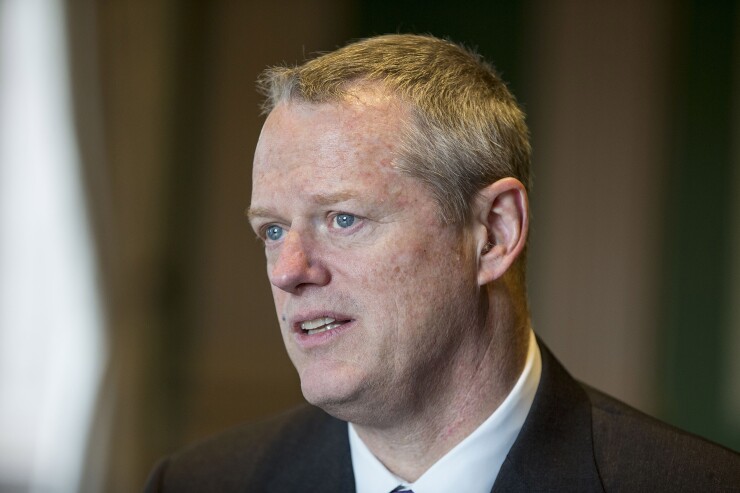Massachusetts legislators finally agreed to terms on a $40.2 billion budget for fiscal 2018 a week late and after more than a month of negotiations.
The legislation won approval on 140-9 and 36-2 votes in the House of Representatives and the Senate, respectively. Gov. Charlie Baker, a Republican who works with a Democratic-controlled legislature, has 10 days to approve or veto the plan.

The new budget cuts spending by $400 million to $500 million from a previously proposed budget plan and takes other measures to make up for a $733 million reduction in anticipated tax revenues for fiscal 2018.
Senate Ways and Means Committee Chairwoman Karen Spilka, D-Ashland, said the budget increases spending on schools and local aid while cutting spending in other areas.
The $40.2 billion plan marks a $1 billion increase from fiscal 2017 that includes a $118.9 million hike in funding for local schools bringing the total to $4.75 billion. The University of Massachusetts system receives $513.5 million and the state’s Department of Children and Families receives a $36 million increase overall.
There are no broad tax increases.
Lawmakers are calling for a $150 million cut to MassHealth, the state’s Medicaid system that covers about 1.9 million residents. This cut is part of the $400 million spending cut. The proposal does include an increase in the Employer Medical Assistance Contribution, a fund employers pay to help cover Medicaid costs.
“This is the harshest state budget since the last recession,” said Senate President Stan Rosenberg, D-Amherst. “We can take some measure of pride in what we were able to do for local aid, children, and veterans, but far too many were left behind.”
House Speaker Robert DeLeo, D-Winthrop, was more optimistic. “In the midst of a tough fiscal climate we’ve delivered a responsible budget that makes targeted investments and protects our most vulnerable citizens.”
The plan projects tax revenue growth at 1.4%, well below the previous estimates of 3.9%. There is also a delayed schedule increase for unemployment insurance. Rates will rise 10% next year instead of the previously scheduled 30%.
It provides $2 million for starting the regulatory structure that will oversee the state’s new marijuana industry after negotiations over the voter-approved ballot measure delayed the passage of a budget.
Marijuana legalization advocates say that number is “far short” of what’s necessary.





